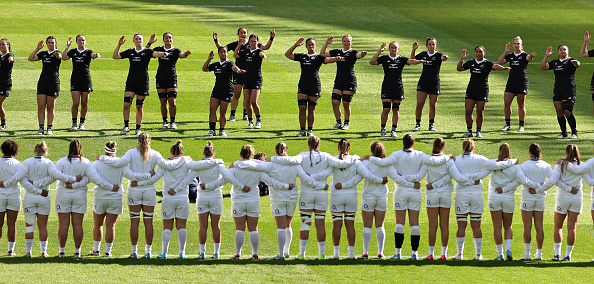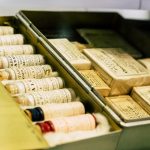The Black Ferns Sevens won the Vancouver leg of the World Series with a commanding 41-7 victory over Fiji, strengthening their lead at the top of the overall standings.
New Zealand took control early after a Fijian player was red-carded, with Risi Pouri-Lane scoring the first try. By halftime, the Black Ferns led 22-0, thanks to tries from Manaia Nuku, Stacey Waaka, and Jorja Miller.
After the break, Michaela Brake added another try before Fiji finally got on the scoreboard. However, New Zealand finished strong with debutante Maia Davis scoring her first World Series try, followed by Mahina Paul sealing the win. The Black Ferns had earlier defeated Australia 29-10 in the semi-final, avenging their loss to them in Perth last month.
New Zealand now leads the World Series by six points over Australia, who finished third in Vancouver. The Black Ferns remained unbeaten throughout the tournament, with dominant wins in their pool matches against Ireland, China, and the USA. Captain Sarah Hirini praised the team’s mix of experience and fresh talent, highlighting Waaka’s return and Davis’s impressive debut. Pouri-Lane, named player of the final, said the team’s success came from focusing on their own strengths.
Meanwhile, the All Blacks Sevens had a disappointing tournament, finishing sixth after losing 31-10 to Great Britain. They are now seventh in the World Series standings, while Argentina leads the men’s competition.
The Black Ferns Sevens will next compete in Hong Kong from March 28-30.














That is one fit cat. I dont think i could walk that far. Let a lone a cat!!!
long way for a cat to travel
it was really good and interesting I loved it good job
That’s a long way.
The owners must’ve been scared to lose their cat but in the end the cat was found by a kind person who looked after the cat after walking 1448 km.
Thats pretty amazing! Very fit cat. Surely it didn’t do it all on paw! That’s crazy!
a least the cat got home
That cat must love their family so much to travel 1448 km, by paw!
I want that cat NOW!!!!!!!!
wish i could travel that far
wow cat strong
traveled so long!
they are so cute